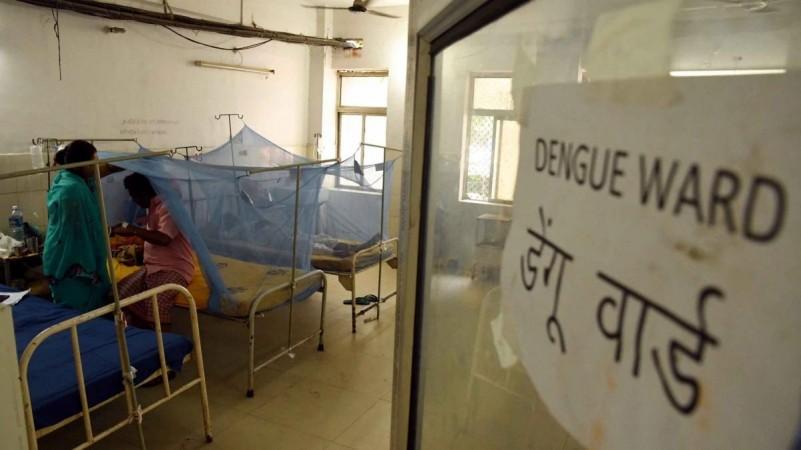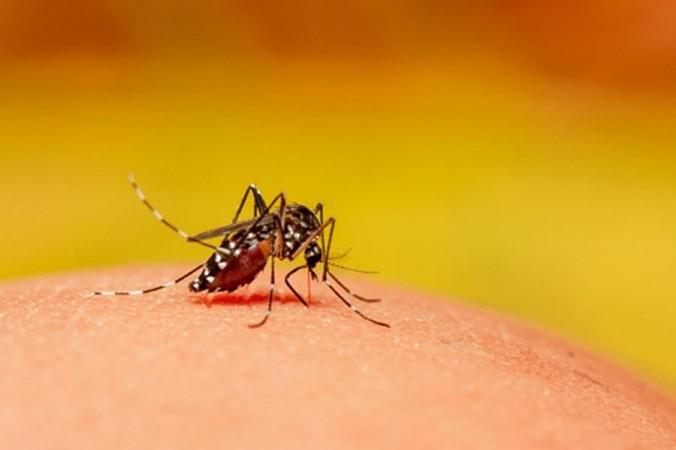
World Health Organization (WHO) has launched a comprehensive plan to tackle the surge in dengue and other Aedes-borne arboviral diseases such as Zika and chikungunya. The announcement was made on October 3 in New Delhi, a city that has been grappling with the rising cases of these diseases. The initiative, named the Global Strategic Preparedness, Readiness, and Response Plan (SPRP), is a testament to the WHO's commitment to reducing the burden of disease, suffering, and deaths worldwide.
The SPRP is designed to foster a globally coordinated response, with a focus on controlling transmission. It also provides recommendations to affected countries across various sectors, including disease surveillance, laboratory activities, vector control, community engagement, clinical management, and research and development. The plan emphasizes a whole-of-society and regional approach, underscoring the need for collective action and cooperation. Dr. Tedros Adhanom Ghebreyesus, WHO Director-General, expressed his concern over the rapid spread of dengue and other arboviral diseases. He stated, The rapid spread of dengue and other arboviral diseases in recent years is an alarming trend that demands a coordinated response across sectors and across borders. This statement underscores the urgency of the situation and the need for a unified global response.
The WHO has estimated that around four billion people worldwide are at risk of infection from arboviruses. This number is projected to increase to five billion by 2050, highlighting the scale of the potential health crisis. Dengue, in particular, has become endemic in more than 130 countries. The number of dengue cases has approximately doubled each year since 2021, with over 12.3 million cases reported by the end of August this year. This figure is almost double the 6.5 million cases reported in all of 2023.

In December 2023, the WHO graded the current global dengue upsurge as grade 3, the highest level of emergency for the UN health body. This move was aimed at supporting countries to strengthen their surveillance capacities and implement response activities. Dr. Ghebreyesus urged for clean environments to support vector control and timely medical care to combat dengue. He described the SPRP plan as a roadmap to turn the tide against this disease and other Aedes-borne arboviral diseases, protect vulnerable populations, and pave the way for a healthier future. The WHO has identified several factors that are facilitating the rapid geographical spread of dengue, Zika, chikungunya, and more recently the Oropouche virus disease. These include unplanned urbanization, poor water, sanitation and hygiene practices, climate change, and international travel. The SPRP plan comprises emergency coordination, collaborative surveillance, community protection, safe and scalable care, and access to countermeasures. The Plan will be implemented over one year until September 2025.
Historically, the WHO has been at the forefront of global health crises, launching similar strategic plans to combat diseases. For instance, in 2018, the WHO launched a comprehensive plan to eliminate trans fats from the global food supply by 2023. The initiative, called REPLACE, was a response to the growing global health threat posed by trans fats, which are linked to heart disease and death. The REPLACE plan provided a strategic approach to eliminating industrially-produced trans fats, highlighting the need for a coordinated global response. The plan's emphasis on a coordinated global response, cross-sectoral collaboration, and a whole-of-society approach underscores the need for collective action to tackle this health crisis. As the world grapples with these diseases, the SPRP serves as a beacon of hope, offering a strategic roadmap to protect vulnerable populations and pave the way for a healthier future.

















